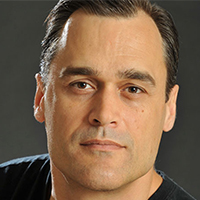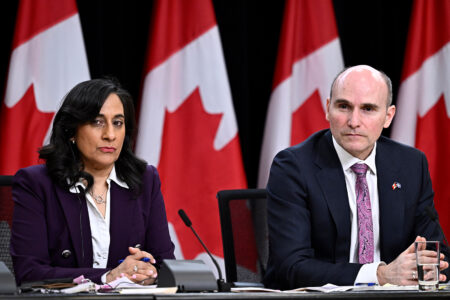
In the IRPP office in Montreal, behind the editor’s desk, is a shelf that holds every edition of Policy Options. The collection is wider than a big man’s arm span.
The first magazine, its pages yellowed, has essays about inflation and the soaring price of oil. It was published in 1980. ”The purpose of this magazine is to assist Canadian thought about all aspects of public policy,” wrote Tom Kent, Michael Kirby and Louis Vaganos. In the editions that follow on the shelf, a procession of informed observers grapple with constantly changing issues, trends, events and prime ministers. Much of Canada’s modern history can be found in those pages.
This issue of Policy Options will be the last magazine to go on the shelf.
But this is not the end of Policy Options, only a transition from one medium to another. In September, we will launch an entirely new, purpose-built, digital forum that will be the new Policy Options.
It’s a necessary change. In 1980, a print magazine was the best way to foster an open, informed conversation about public policy, but today, we have digital technology that not even the science fiction writers of 1980 could have imagined. It is cheap, universal and almost infinitely flexible. With a little imagination, it can create wonders. This is an exciting time, and Policy Options is going to make the most of it.
But this technology ― like all technology ― is not without its downsides.
It is easier than ever to spend all day in an intellectual bubble, hearing only from the like-minded, never having your assumptions challenged, never encountering a dissonant thought. It’s pleasant inside such bubbles. But it’s also stupefying. Intellectual growth requires constant contact with different perspectives.
Canada needs a digital forum for the discussion of public policy that is not restricted to any partisan or ideological view but instead welcomes all. The new Policy Options will be that forum.
In 1980, Kent, Kirby and Vaganos wrote that they were launching Policy Options because Canada needed a platform for discussion ”that takes the whole range of contemporary policy concerns for its scope…and is, on each topic, informed and thoughtfully analytical without requiring specialist knowledge.” And it must be intellectually open, they wrote. ”No viewpoint will be promoted and none will be excluded.”
Some things don’t change.
Photo: Shutterstock









